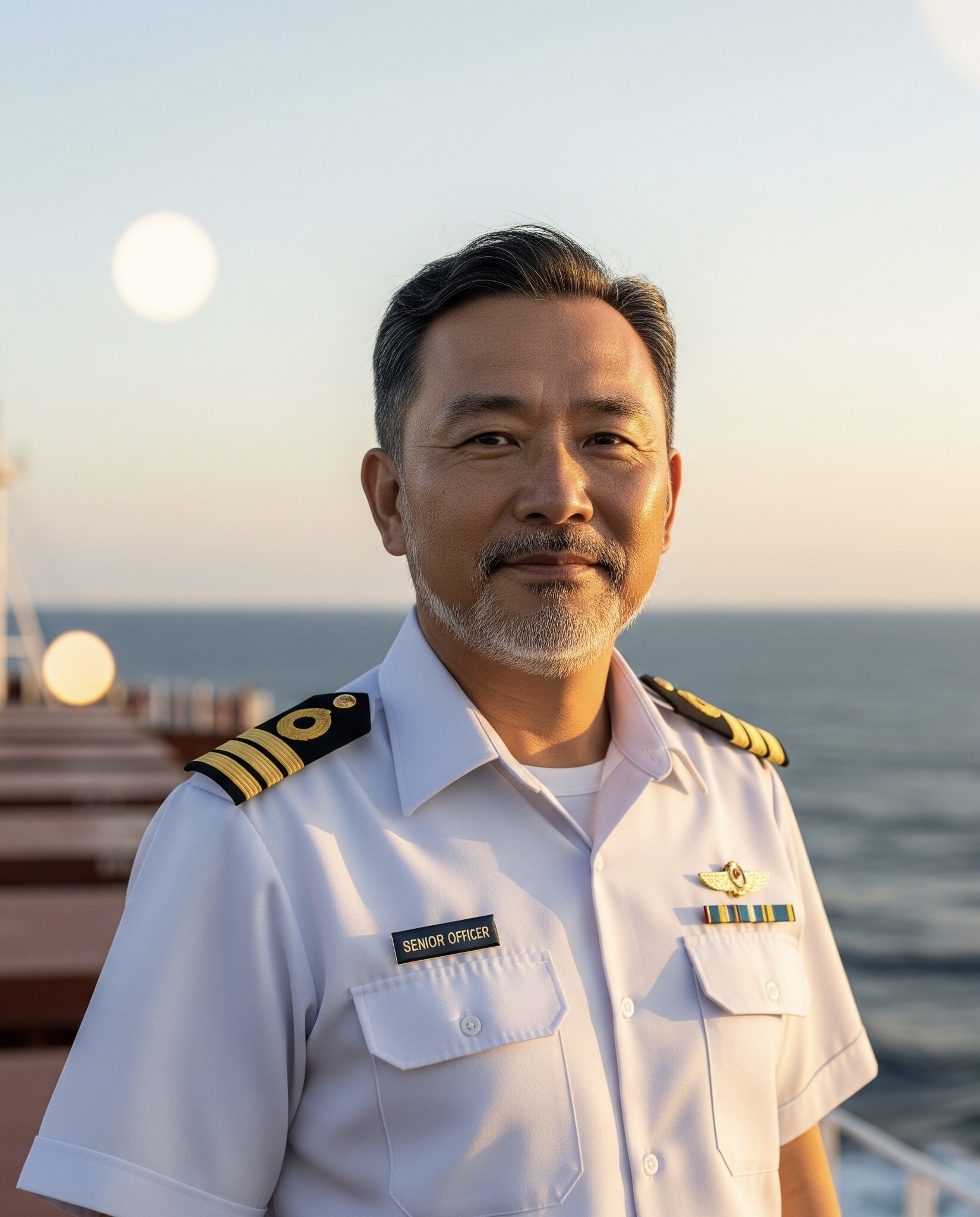
April 3, 2025, 8:23 a.m.
For anyone aspiring to work on commercial vessels navigating international waters, the International Convention on Standards of Training, Certification and Watchkeeping for Seafarers (STCW) is not just a set of regulations – it's the bedrock of maritime safety and professionalism. Understanding STCW and obtaining the necessary certifications is the first crucial step in your sailing career.
What is STCW?
Established by the International Maritime Organization (IMO), STCW sets the minimum standards for the competence of seafarers worldwide. It ensures that crew members possess the essential knowledge, skills, and attitudes required to operate vessels safely and protect the marine environment. Think of it as the globally recognized "driving license" for seafarers.
Why is STCW Training Essential?
Legal Requirement: For most commercial vessels operating internationally, holding the relevant STCW certifications is a legal obligation. Without them, you won't be permitted to work onboard.
Safety of Life at Sea: STCW training equips you with the fundamental skills to respond effectively to emergencies, ensuring your safety and the safety of your fellow crew members and passengers.
Protection of the Marine Environment: A significant part of STCW emphasizes practices to prevent pollution and protect the delicate marine ecosystem.
Professional Recognition: Holding STCW certifications demonstrates your commitment to professional standards and enhances your employability within the global maritime industry.
Global Uniformity: STCW aims to standardize training across different nations, ensuring a baseline level of competence among seafarers worldwide.
Key STCW Training Areas:
The specific STCW certifications you'll need will depend on your role, the type and size of vessel you'll be working on, and your career progression. However, some fundamental areas of training are essential for almost all seafarers:
Basic Safety Training (BST): This is often the entry-level requirement and typically includes four core modules:
Personal Survival Techniques (PST): How to survive at sea in the event of abandonment, including the use of life-saving appliances.
Fire Prevention and Fire Fighting (FPFF): Basic firefighting techniques and the use of fire-fighting equipment.
Elementary First Aid (EFA): Providing basic first aid in case of injury or illness onboard.
Personal Safety and Social Responsibilities (PSSR): Covering essential safety procedures, communication, and teamwork onboard.
Proficiency in Security Awareness (PSA): Equipping seafarers with the knowledge to recognize and respond to security threats.
Other Specialized Training: Depending on your role and the vessel type, you may need additional training in areas such as:
Advanced Fire Fighting (AFF)
Proficiency in Survival Craft and Rescue Boats (PSCRB)
Fast Rescue Boats (FRB)
Medical First Aid and Medical Care
Navigation and Watchkeeping (for officers)
Engine Room Operations (for engineers)
Tanker Operations (for those working on tankers)
Crowd and Crisis Management (for passenger ships)
Getting Your STCW Certification:
Enroll in an Approved Training Provider: STCW training must be conducted by maritime training institutes that are approved by your national maritime administration and meet IMO standards.
Complete the Required Courses: Attend and successfully complete the necessary theoretical and practical training modules.
Pass Assessments: You'll typically need to pass written and practical assessments to demonstrate your competence.
Obtain Your Certificate: Upon successful completion, you'll receive an STCW certificate or endorsement, which is valid for a specific period (usually five years), after which refresher training may be required.
In conclusion, understanding STCW and investing in the necessary training is paramount for a safe, legal, and successful career at sea. It's the foundation upon which your maritime expertise and professionalism will be built. So, if you're dreaming of a life on the ocean, make STCW compliance your first port of call!
What are your first steps in pursuing your STCW training? Share your plans below!
April 3, 2025, 12:16 p.m.
Great topic! STCW training has been a game changer for me. The firefighting and survival courses were particularly eye-opening and have definitely boosted my confidence at sea. I'm eager to hear what others have found useful as well!
April 4, 2025, 8:08 a.m.
Absolutely agree! The practical skills gained from STCW training are invaluable. The firefighting and survival techniques not only enhance our safety but also prepare us for unexpected situations. I'm curious to know if anyone has taken the medical first aid course and how they found it!
April 4, 2025, 8:08 a.m.
Thanks for starting this important conversation! I completely agree that the STCW training has been instrumental in enhancing our skills and confidence. The medical first aid course is definitely worth mentioning; it equips us with essential knowledge to handle emergencies effectively. I'd love to hear more about everyone's experiences with different courses!
Similar Posts
-
There are no similar posts yet.

